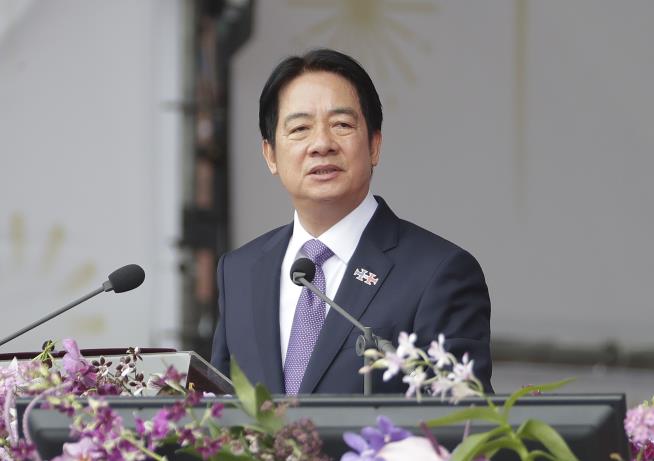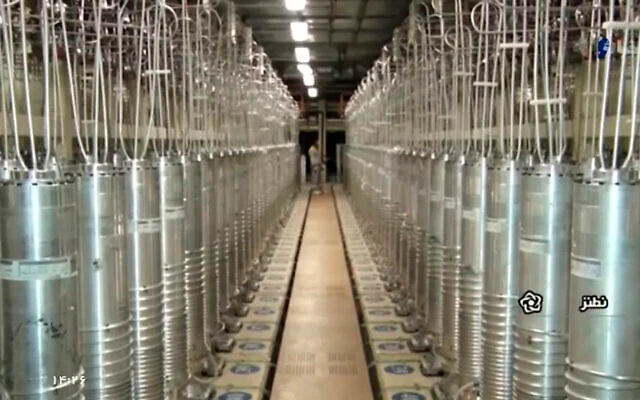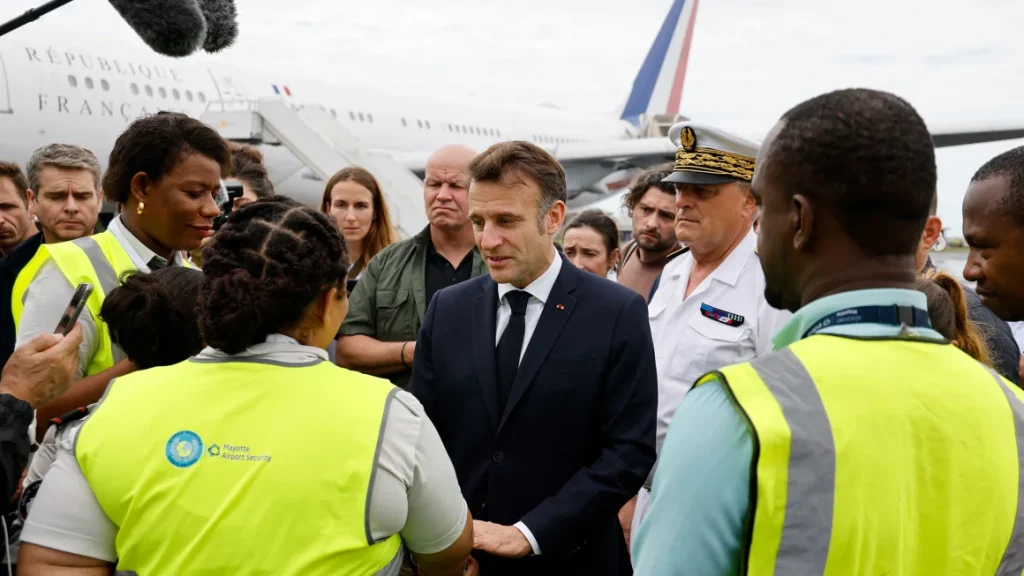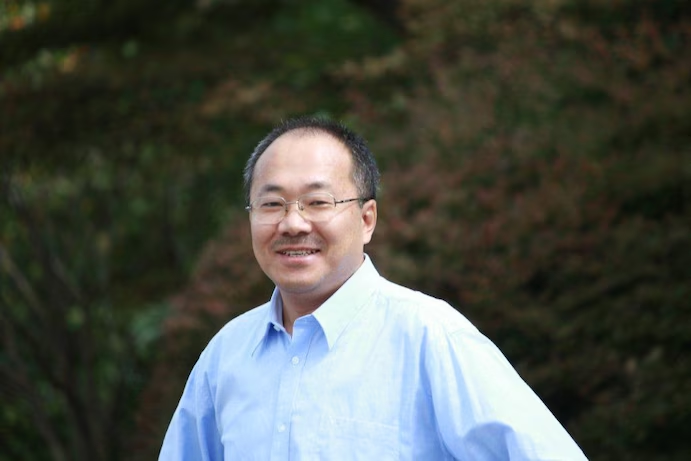Taiwan president meets Hawaii governor, Congress members in visit condemned by China
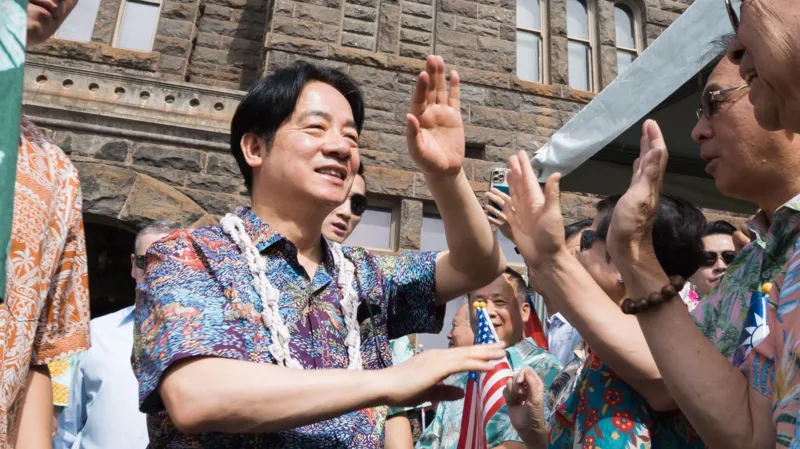
Taiwan’s President Tsai Ing-wen has arrived in the United States for a high-profile visit, where she met with Hawaii’s Governor Josh Green and a number of members of the U.S. Congress. The visit, which is seen as a significant diplomatic move for Taiwan, has drawn harsh criticism from China, which considers Taiwan a part of its territory and has repeatedly warned against any engagement with Taiwanese officials by foreign governments.
Diplomatic Visit Amid Rising Tensions
President Tsai’s visit to the U.S. has come at a time of heightened tensions between Taiwan and China. Beijing has been increasing its military presence near Taiwan, conducting military drills and sending fighter jets into Taiwan’s airspace, all to assert its claim over the island. China views any international recognition of Taiwan or official engagements with Taiwanese leaders as a violation of its sovereignty, and it has expressed strong disapproval of President Tsai’s meetings with American officials.
Tsai’s meeting with Governor Josh Green of Hawaii and her discussions with U.S. lawmakers are seen as a direct challenge to Beijing’s stance on Taiwan. While Tsai’s visit is not officially a state visit, it underscores the growing international support for Taiwan’s autonomy and democratic values. Taiwan’s leadership has sought to strengthen ties with the U.S. and other democratic allies as a counterbalance to China’s growing influence in the region.
China’s Strong Condemnation
China swiftly condemned the visit, labeling it an “affront” to its sovereignty. Beijing maintains a strict “One China” policy, which asserts that there is only one China, and Taiwan is part of it. Chinese officials have repeatedly warned the U.S. and other countries to avoid official dealings with Taiwanese leaders. The Chinese government has also threatened further military escalation in response to Taiwan’s increased interactions with foreign governments.
A Chinese Ministry of Foreign Affairs spokesperson reiterated that Taiwan’s efforts to “expand its international space” are unacceptable and undermine peace and stability in the region. Beijing’s harsh rhetoric is seen as part of its broader strategy to isolate Taiwan diplomatically and prevent any recognition of the island as an independent entity.
Strengthening U.S.-Taiwan Ties
Despite China’s warnings, Tsai’s visit highlights the continued strengthening of U.S.-Taiwan relations, which have grown closer in recent years, particularly under the administration of U.S. President Joe Biden. The U.S. has reaffirmed its commitment to Taiwan’s security through arms sales and military support, although it maintains an official policy of “strategic ambiguity,” neither recognizing Taiwan as an independent nation nor endorsing China’s claims over the island.
During her meeting with Hawaii Governor Josh Green, President Tsai discussed areas of cooperation between Taiwan and the state of Hawaii, focusing on economic exchanges, clean energy initiatives, and disaster preparedness. Green emphasized Hawaii’s strong support for Taiwan, and the meeting was seen as an effort to deepen bilateral ties and explore ways in which the two regions can collaborate on various issues.
In addition to meeting with the Hawaii governor, President Tsai engaged with several members of the U.S. Congress, many of whom are vocal advocates for Taiwan. These meetings are viewed as part of Taiwan’s broader strategy to garner political and diplomatic support from key American lawmakers. The U.S. Congress has consistently expressed strong support for Taiwan’s democracy, and several bills have been proposed to enhance U.S. assistance to Taiwan in areas such as defense and trade.
Taiwan’s Diplomatic Strategy
Taiwan has long faced diplomatic isolation due to China’s pressure on the international community to not recognize Taiwan as a sovereign state. However, Taiwan’s leaders, particularly President Tsai, have worked to navigate this isolation by building stronger relationships with key countries like the United States, Japan, and European Union members. Tsai’s visit to the U.S. is part of a broader effort to bolster Taiwan’s standing on the world stage and ensure its security in the face of increasing pressure from China.
For Tsai, the visit serves to reinforce Taiwan’s commitment to democratic values and regional stability, while also seeking continued support from the U.S. for its defense and economic development. In her remarks, Tsai reiterated Taiwan’s willingness to cooperate with the U.S. and other allies on global issues such as climate change, trade, and security.
The International Response
The international community’s response to the visit has been varied. While some countries have expressed support for Taiwan’s right to engage with the world, others remain cautious in their approach, avoiding any official recognition of Taiwan’s government. The U.S. has long maintained that its relationship with Taiwan does not change the status of the island, but the increasing public exchanges between U.S. lawmakers and Taiwanese officials suggest that Taiwan is gaining more international recognition despite China’s objections.
The U.S. government has reiterated that the Taiwan Relations Act, which guides U.S.-Taiwan relations, remains unchanged. The Act commits the U.S. to helping Taiwan maintain its defense capabilities, though it stops short of formally recognizing Taiwan as an independent state.
President Tsai’s visit to the U.S. represents a delicate balancing act between maintaining Taiwan’s sovereignty and avoiding a direct confrontation with China. As Taiwan continues to navigate its complex relationship with China, it faces the challenge of strengthening its international ties while mitigating the risk of escalating tensions with Beijing.
The U.S. has an important role to play in ensuring Taiwan’s security and supporting its international participation. However, Beijing’s growing assertiveness in the region and its military presence near Taiwan continue to pose a serious threat. Tsai’s visit serves as a reminder of Taiwan’s vulnerability and its ongoing efforts to secure its place in the global order while confronting the pressures imposed by China.
As the geopolitical landscape in the Asia-Pacific region remains tense, Taiwan’s diplomatic outreach to countries like the United States will likely continue to be a key strategy in countering China’s influence and safeguarding its democratic future.


